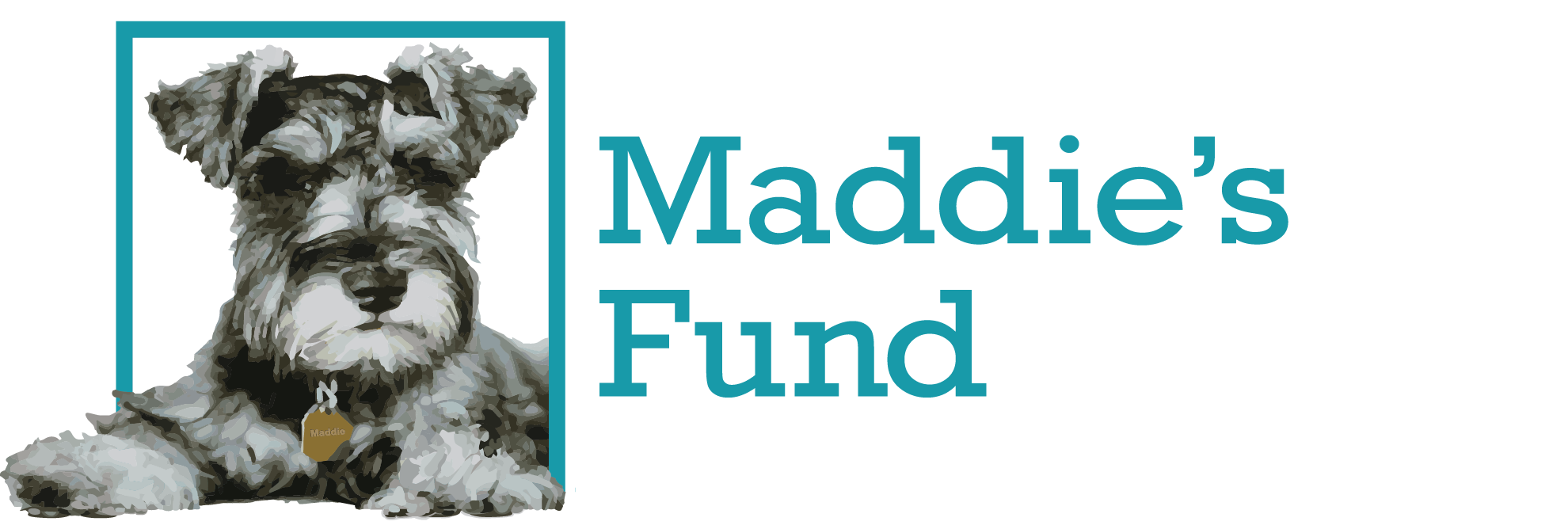For animal care and control officers, maintaining a safe environment while performing daily duties is key. The brand new, self-paced course, NACA Field Services Series: Using Tools and Equipment, was designed with this concept in mind. The first course in a series from National Animal Care & Control (NACA) covers safe, effective and humane use of standard-issue field services equipment. Course videos present humane concepts and safe handling techniques, with demonstrations by Animal Capture and Handling Instructor John Peaveler.
After successfully completing this course, you will be able to:
- Outline the three key concepts of professional handling
- Explain the importance of articulating a shared set of values and ethics in a code of conduct for professional animal handlers
- Recognize the importance to both officer and animal of using the least invasive, minimally aversive handling technique
- Practice humane and effective use of leashes, control poles, leash poles and Y poles
- Trap dogs and cats humanely and effectively
- Practice humane and effective zero contact dog and cat handling
- Know where to find further learning opportunities
NACA president, Jerrica Owen, says that this much-needed first-of-its-kind course is designed for anyone who handles animals regularly in the field. “The tools and techniques covered in this course will support officers by training them on how to maintain a safe environment while performing their daily duties. Animal Control professionals often find themselves in risky situations, and the knowledge gained from this course will help to protect those that protect others.”
Malissa Dietz, Animal Control Officer, Pinal County Animal Care and Control, said, “As a field officer of six years, I found this course to be very educational. John mentioned some tools that I have never heard of before, such as the Y pole, I would have loved to have had one. I like how he makes it clear our goals are safety, to be humane and to be effective.” Dietz continued, “Some officers are quick to grab their catch-pole at the sign of an unwilling dog. This shouldn’t be the case because all dogs react differently. We should not want to cause the dog more stress than they are already under. I believe this is a great tool for new officers and for senior officers to learn some new tricks.”
“This course offers many options and suggestions for humane handling,” said Martin O’Keeffe, Rabies Control Officer, Pasco County Animal Services. “While some methods and tools might not work for everyone, any animal handler from a beginner to the most seasoned person can better themselves by reviewing this material.”
The course is free. Register today!

